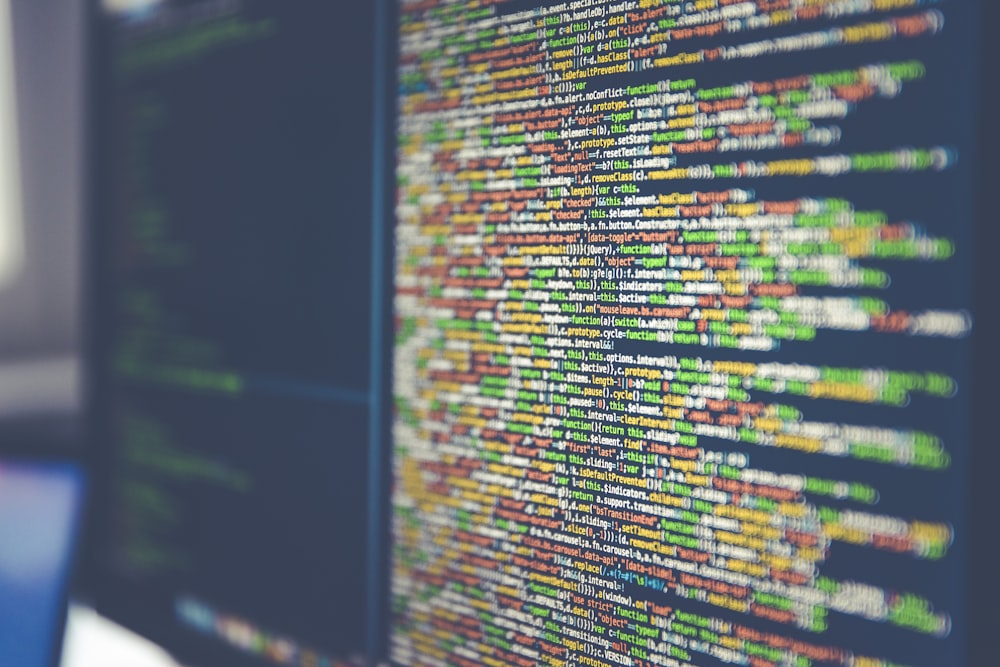
Programming Primer Unveiling the Basics for Beginners
Programming Primer: Unveiling the Basics for Beginners
Embarking on the exciting journey into the world of programming can be both exhilarating and overwhelming for beginners. Let’s break down the essentials of this dynamic field, providing a comprehensive introduction for those taking their first steps.
Understanding the Essence of Programming
At its core, programming is the art of instructing computers to perform specific tasks. It involves creating a set of instructions, known as code, using a programming language. The goal is to solve problems and automate processes, making computers powerful tools for various applications.
The Role of Programming Languages
Programming languages serve as the medium through which humans communicate with computers. From classics like Python and Java to newer languages like Kotlin and Swift, each has its strengths and applications. Choosing the right language depends on factors such as project requirements, ease of learning, and community support.
Variables, Data Types, and the Building Blocks
As beginners dive into programming, understanding variables and data types is fundamental. Variables store information, and data types specify the kind of data they can hold. This foundational knowledge sets the stage for manipulating and organizing information, a crucial skill in programming.
Control Flow: Directing the Program’s Execution
Control flow structures, including loops and conditional statements, govern the flow of a program. Loops repeat certain actions, while conditionals make decisions based on specific criteria. These constructs provide the flexibility needed to create dynamic and responsive programs.
Functions: Modularization for Efficiency
Functions are blocks of code designed to perform specific tasks. They enhance code organization, promote reusability, and contribute to a modular approach. Mastering the creation and utilization of functions is a significant step towards writing efficient and maintainable code.
Object-Oriented Programming (OOP) Principles
In the realm of programming, Object-Oriented Programming (OOP) is a paradigm that revolves around the concept of objects. These objects encapsulate data and behavior. Understanding OOP principles, such as encapsulation, inheritance, and polymorphism, fosters a structured and efficient coding style.
Error Handling: Navigating Challenges
In the journey of programming, errors are inevitable. Learning how to handle errors gracefully is a crucial skill. It involves debugging, identifying issues, and implementing solutions. Embracing the challenges that come with errors is an integral part of the learning process.
Introduction to Programming at itcertsbox.com
For beginners eager to delve deeper into programming, platforms like itcertsbox.com provide tailored courses and resources. The Introduction to Programming course offers a structured path, covering foundational concepts and hands-on exercises. This resource can be a valuable companion on your programming journey.
Projects and Real-World Applications
Applying programming skills to real-world projects is a transformative experience. It solidifies theoretical knowledge, hones problem-solving abilities, and provides a tangible portfolio. Engaging in projects, whether personal or collaborative, accelerates the learning process.
The Continuous Learning Path
Introduction to programming is just the beginning. The field is vast, ever-evolving, and offers limitless possibilities. Aspiring programmers should embrace continuous learning, explore advanced topics, and stay engaged with the vibrant programming community.
Embarking on the journey of programming opens doors









